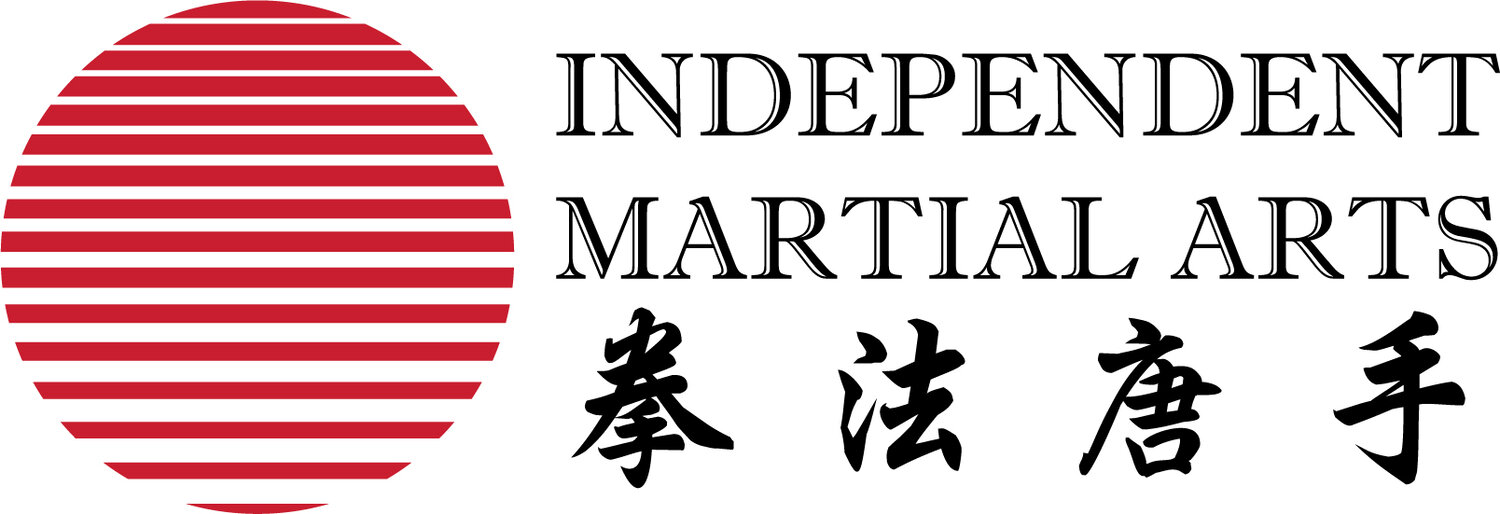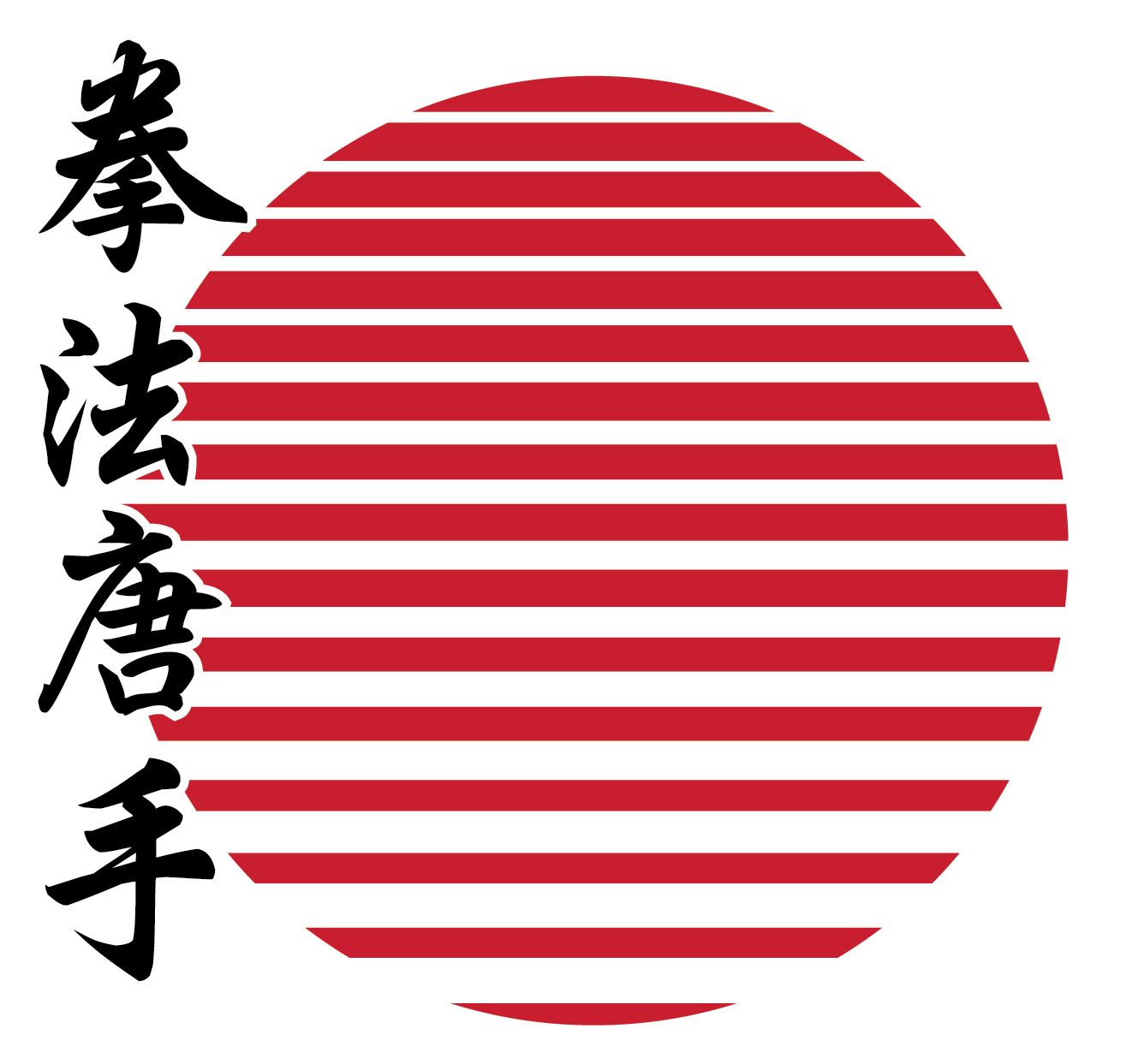On Balance
There is a great deal that can be said about Balance, both mentally and physically. It sustains and strengthens our movement, our skillsets and our general well-being. At the IKS, we tend to speak of this concept simultaneously with another theme: having balance can also play a large role in giving us control. This reflects control over our bodies, our minds, and our lives. Long ago, being a serious martial arts student required a level of extreme dedication, including living at the dojo and pursuit of a communal and uniform lifestyle. Nowadays, this lifestyle trend is rarely found, but finding ways to work the training into the other aspects of our life certainly is. Pertaining to our students, Sensei Pete is fond of saying that he likes it when the martial arts becomes a part of their life, but not their entire life. The value of being able to multi-task is incalculable, both for adults and for children, which is why the IKS tries to constantly reinforce it.
The IKS’ curriculum in Chinese Kenpo is very sizable compared to other martial arts, and as such, our practice requires a great deal of balance over how we execute our basics, how we select our techniques, and more critically, our timing. US Army General George S Patton once said “A good plan, violently executed right now is far better than a perfect plan executed next week”. The most powerful strike, block or kick in the world will be no good to you if your timing is off, and an opponent’s attack causes you harm. In this case, the timing can be even more important than the power of your strikes. To master this, is to have mastered Balance. We see this in Kata as well with Hard (Go) and Soft (Jyu) elements. If one element is displayed the whole way through, the Kata will not be as presentable. The practitioner of the perfect kata knows when to use each one to maximize effectiveness. They also know that they need to always focus on perfecting what they are currently doing. We can, and should, apply this to our lives outside of the dojo as well by not dwelling on the past or looking too deep in the future. By focusing on what is right in front of us, we will be less likely to trip and lose focus on the things that are truly important.
Written by Shihan Jeff Maistrosky

